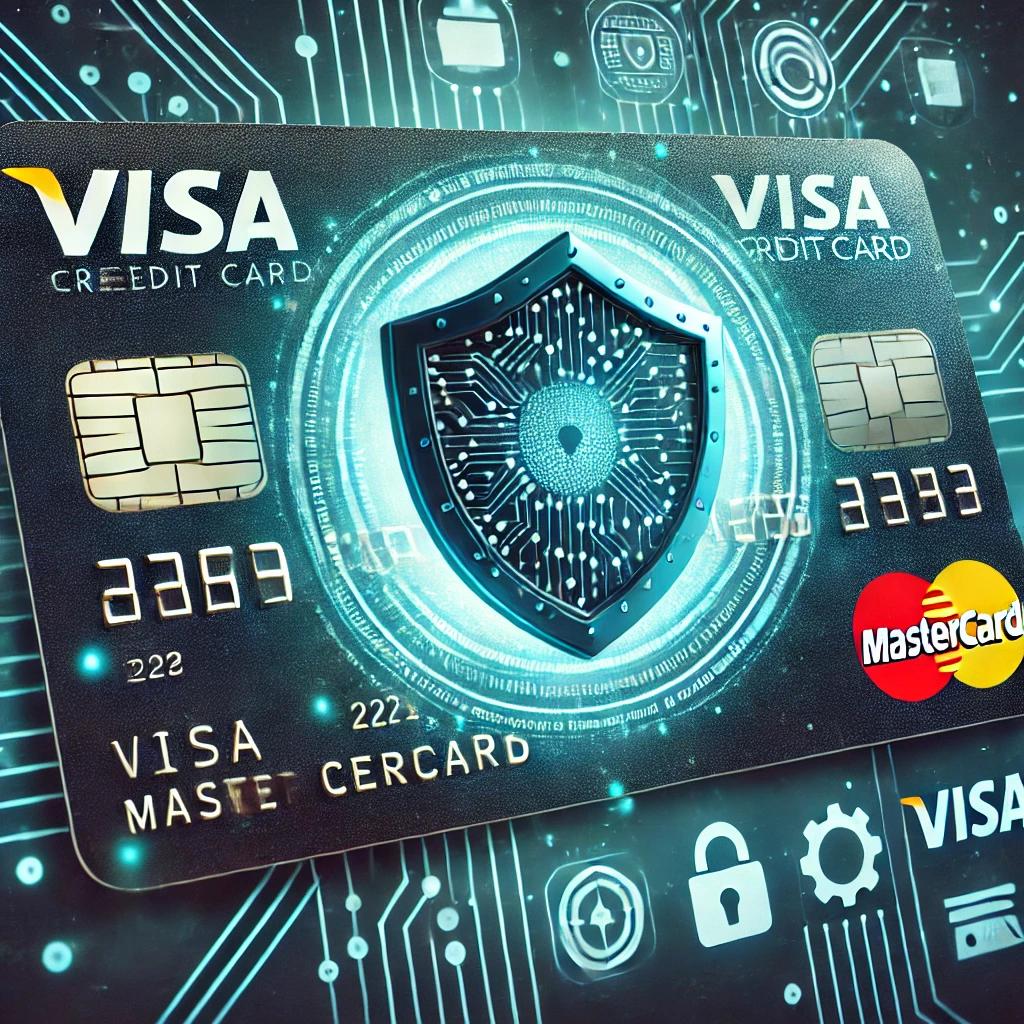If you’ve ever tried canceling a subscription or stopping automatic payments by replacing your credit card, only to discover that the charges kept coming, you may have been affected by Visa Account Updater (VAU) or Mastercard Automatic Billing Updater (ABU) services. These programs automatically update your new card information to vendors when your card is replaced, whether due to expiration, loss, or theft. While these services are presented as convenient, they raise significant concerns about privacy, consent, and control for consumers.
What Are VAU and ABU?
Visa Account Updater (VAU) and Mastercard Automatic Billing Updater (ABU) are services that allow merchants to receive updated credit card information without needing you, the cardholder, to provide it. When your card is replaced—whether it’s a new expiration date or a completely new number—this service automatically shares the new details with merchants who have recurring billing or subscriptions in place.
While this can prevent disruptions in service, it can also keep unwanted subscriptions going—even when you’ve taken steps like canceling your card to stop the charges.
My Personal Experience: Losing Control Over Recurring Payments
I encountered this issue firsthand when I attempted to stop charges from a vendor by canceling my Visa card. After multiple requests to cancel my subscription were ignored, I canceled my card in the hope that the vendor wouldn’t have my new card details. However, much to my surprise, Visa automatically provided my new card number to the vendor through the VAU service, and the charges continued without my consent.
When I discovered what had happened, I learned that I could opt out of this service—something I didn’t even know I was enrolled in. After contacting my bank, Capital One, they not only helped me opt out but also suggested using virtual cards for more control.
The Power of Virtual Cards
A virtual card is a unique card number generated for each vendor or subscription. It can be managed easily through your bank’s mobile app or desktop platform, and you can have as many virtual cards as you need—one for each vendor. If you ever want to stop payments or cancel a subscription, you can simply deactivate or delete that virtual card, cutting off the merchant’s access to your financial details.
Now, I’ve opted out of VAU and ABU services and primarily use virtual cards whenever possible. This gives me full control over who can charge my account and when. I no longer worry about unwanted charges slipping through with a new card number.
How to Opt Out of VAU and ABU
Opting out of these services is your right as a consumer, but banks don’t always make it easy. When you contact customer service, they may not be very helpful or may not understand the request. If that happens, don’t hesitate to ask for a supervisor who is more knowledgeable about the process.
One thing to note is that customer service representatives may tell you that Visa or Mastercard is responsible for the program, not the bank. While this is technically true, it is your bank or lender that subscribes to these services, and they can help you opt out.
It’s also worth emphasizing that opting out might require persistence. Banks may not advertise this option openly, but it is possible. Just be sure to ask for clarification and press on if the initial response is unhelpful.
Taking Control of Your Finances
For many, the automatic nature of VAU and ABU feels like a loss of control. However, by opting out and using tools like virtual cards, you can regain control over your recurring payments. Virtual cards are a simple way to manage which companies have access to your account and ensure that you’re never surprised by unwanted charges again.
While these services are promoted as a way to reduce inconvenience, they can be a double-edged sword. The key is knowing that you have options. If you prefer more control over your finances, take a proactive approach by opting out of VAU and ABU, and consider using virtual cards for future transactions.
Conclusion: Your Financial Control Matters
VAU and ABU services can be useful for preventing disruptions in legitimate subscriptions, but they can also create headaches when trying to cancel recurring payments. As consumers, it’s essential to know our rights and take action to protect our financial autonomy. Whether you choose to opt out of these programs or switch to virtual cards, the important thing is to stay informed and assert control over your financial data.
If you encounter resistance from your bank when attempting to opt out, remember: you have the right to speak to a supervisor and demand the control that should have been yours from the start.




